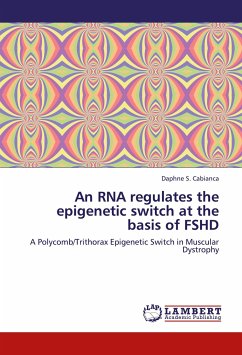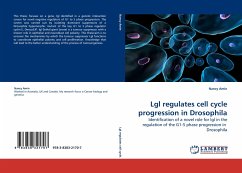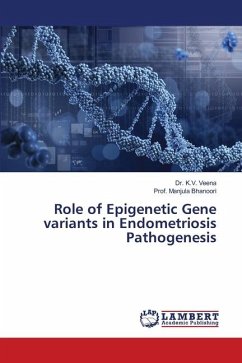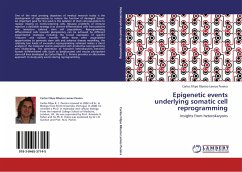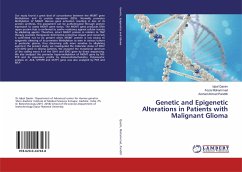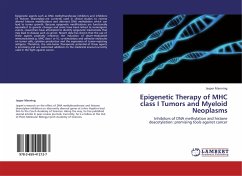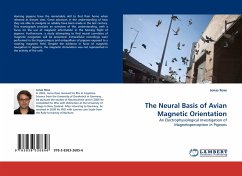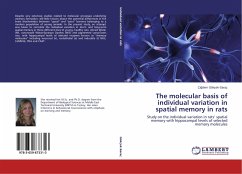FSHD is an autosomal dominant disease associated with contraction of D4Z4 repeats, mapping to 4q35. By an unknown mechanism, D4Z4 deletion causes an epigenetic switch leading to de-repression of 4q35 genes. Repression by D4Z4 displays similarities with Polycomb-mediated silencing. Polycomb (PcG) and Trithorax (TrxG) group proteins work as counteractors in the epigenetic regulation of gene expression. Transcription of PcG-binding regions can regulate PcG activity. Intriguingly, it is shown here that D4Z4 generates a chromatin-bound RNA selectively in FSHD patients and upon 4q35 de-repression. This transcript is specifically 4q35-associated and is required for 4q35 gene de-repression. Interestingly, the identified RNA promotes the recruitment of the TrxG protein Ash1L to the FSHD locus. Notably, Ash1L is necessary for 4q35 gene de-repression. These results suggest that the RNA functions by recruiting Ash1L to counteract PcG silencing at D4Z4 leading to 4q35 gene de-repression in FSHD. This work provides a nexus for revealing the epigenetic basis of FSHD etiology. Moreover, this study gives insights into the biological function of repetitive elements.
Bitte wählen Sie Ihr Anliegen aus.
Rechnungen
Retourenschein anfordern
Bestellstatus
Storno

